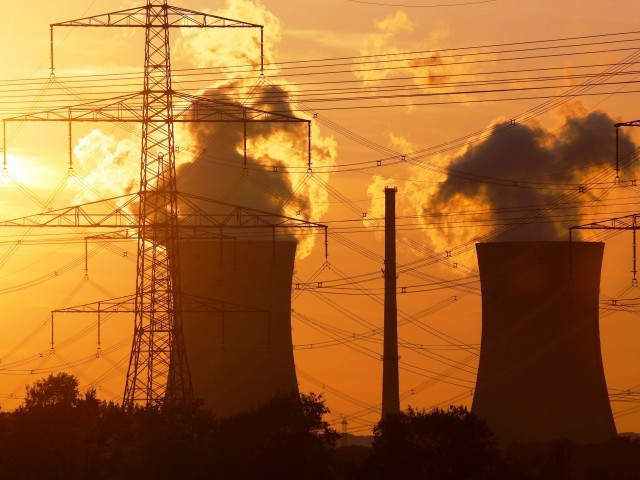The politics of nuclear proliferation is due to take centre-stage with Australian Prime Minister Julia Gillard lobbying to overturn a ban on the sale of uranium to India. And in this case, India has been put in a “class of its own” by the Australian prime minister, who added that the policy shift would apply only to India and not open up potential sales to Israel or Pakistan. So what is the basis for this hypocrisy?
India, like Pakistan, has not signed the Nuclear Non-Proliferation Treaty. However, fortunately or unfortunately for Islamabad, New Delhi has increasingly become Washington’s economic and geopolitical counterweight to China.
In that context, America signed a landmark civil nuclear agreement with India in 2008 over the use of uranium for nuclear energy and even though critics accused the United States of undermining the global non-proliferation regime, the deal was seen by then President George W Bush as the centrepiece of a new strategic relationship with India.
The double standard being applied by the West and the various multinational bodies under its wings, including the Nuclear Suppliers Group (NSG) is unconscionable. Should countries such as Pakistan, North Korea and Iran continue to face the heat and become increasingly isolated for pursuing their nuclear programmes while countries such as India and Israel can play their ‘get-out-of-jail-free’ card for being favourites of countries that call the shots in the world?
Regardless of whether the geopolitics of the region permits such discriminatory policies, Pakistan will be at a loss if the ban is overturned. Uranium from Australia would help India, hampered by fuel shortages, to meet an ambitious target for nuclear energy growth, while Pakistan would continue to struggle to meet its energy challenges.
The move is even more disconcerting for Pakistan when the implications of other states following suit is considered. Even though Australia had supported the US-India nuclear agreement as a member of the 46-member NSG, it had continued to refuse to sell uranium to India until now. For India, the “discriminatory and flawed” nuclear Non-Proliferation Treaty, which only allows countries which had tested nuclear weapons before 1967 to legally possess them, seems no longer of consequence — but it certainly does to its neighbours.
Selling uranium: Australia’s hypocrisy
If the ban is overturned India will be able to meet its nuclear energy growth while Pakistan will continue to struggle



COMMENTS
Comments are moderated and generally will be posted if they are on-topic and not abusive.
For more information, please see our Comments FAQ